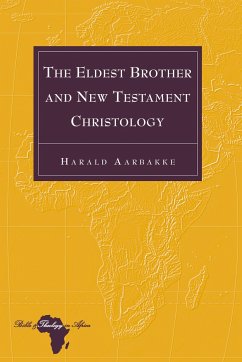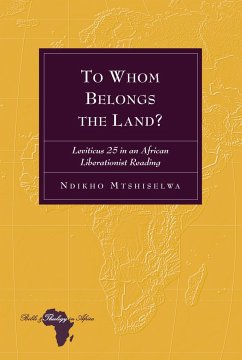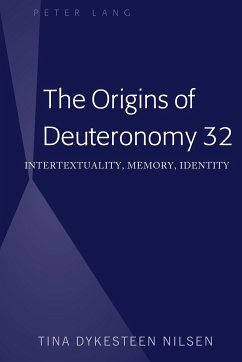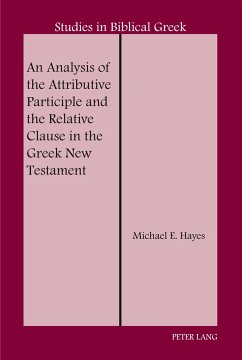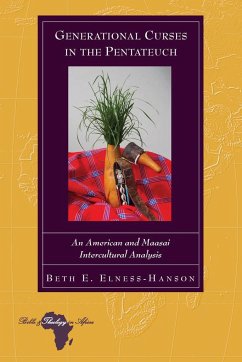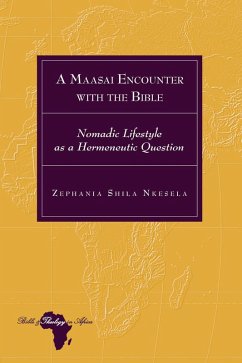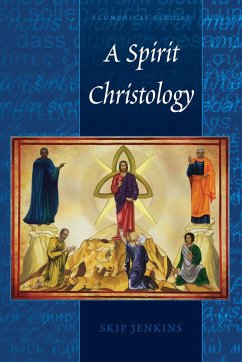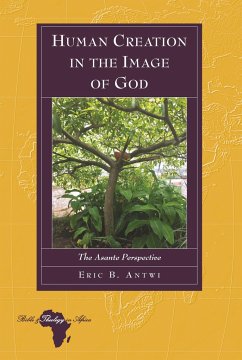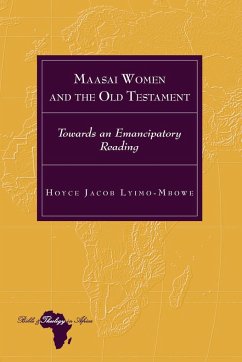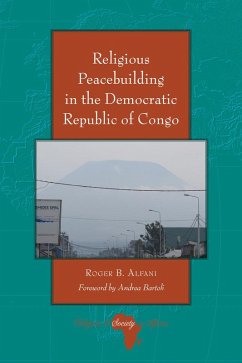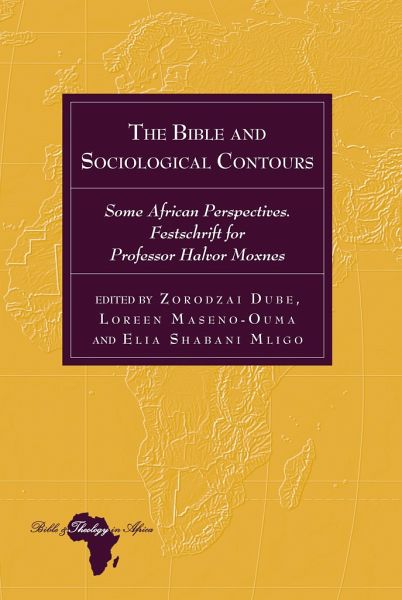
The Bible and Sociological Contours
Some African Perspectives. Festschrift for Professor Halvor Moxnes
Herausgegeben: Holter, Knut; Dube, Zorodzai; Maseno-Ouma, Loreen; Mligo, Elia Shabani

PAYBACK Punkte
0 °P sammeln!
This book, which is a collection of various essays on Africa and the Bible, is a must-read for scholars and students who are interested in exploring the intersection between the Bible and public spaces exposing the liberating and oppressing strands of the Bible. Given the enchanted African worldview, which includes belief in miracles, divine healing and prosperity, the Bible is the go-to-authority of many religious activities. Though at home, the Bible's role and function needs closer assessment. The critical question tackled in this volume is: how can Africa read the Bible from its various co...
This book, which is a collection of various essays on Africa and the Bible, is a must-read for scholars and students who are interested in exploring the intersection between the Bible and public spaces exposing the liberating and oppressing strands of the Bible. Given the enchanted African worldview, which includes belief in miracles, divine healing and prosperity, the Bible is the go-to-authority of many religious activities. Though at home, the Bible's role and function needs closer assessment. The critical question tackled in this volume is: how can Africa read the Bible from its various contexts to recover its usefulness on issues of gender, patriarchy and political and economic liberation? Yet equally, how do we guard against oppressive discourses that find support from the Bible such as polygamy, viewing women as unequal to men and growing economic disparities? In addition, throughout history, Africans are made to be comfortable with theologies that further distance them away from economic and political processes, such as the belief in an angry God who punishes and demands utter obedience-theologies which have sustained particular asymmetric socio-economic and political structures across the continent. This book is important because it traces the sociological contours in the Bible in relation to Africa, sensitizing us to the liberating strands and, at the same time, making us aware of the pathos associated with the literary reading of the Bible.





